World Cleanup Day is being observed on September 17th this year. With the goal of combating global waste and building a sustainable world by changing human behavior patterns, millions of people around the world volunteer to help save the planet from becoming a garbage-filled wasteland. This world-changing effort cleans up litter and mismanaged waste from beaches, rivers, forests and streets.
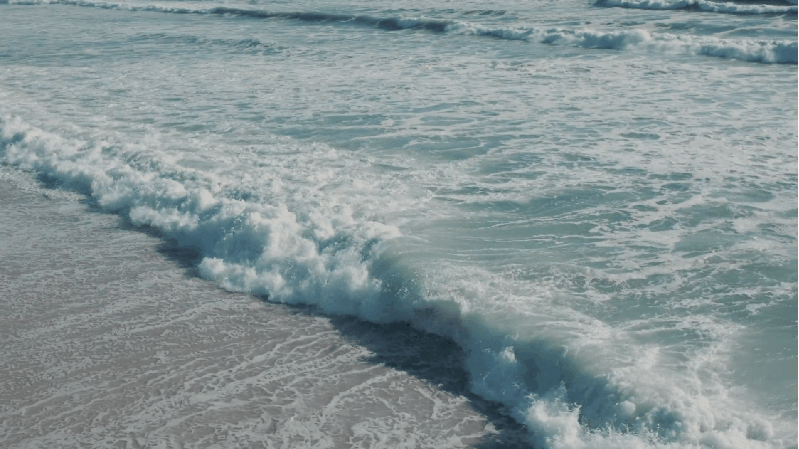
The origin of World Cleanup Day dates back to 2008 when 50,000 people in Estonia, a small northern European country, cleaned the entire country in five hours. This single initiative has grown into a worldwide movement. Last year, more than 8 million people in 191 countries tackled the problem of global waste. In 2019, prior to the pandemic, more than 21 million people in 180 countries participated in a heroic 36-hour marathon of cleanups across the world that began in New Zealand and ended in Hawaii.
Creating a better environment…
In addition to removing garbage, World Cleanup Day raises awareness of the global waste crisis and its impact on the environment. Cleanups alone will not solve the problem. But, creating awareness of trash and promoting change in human behavior will make a long-standing difference.
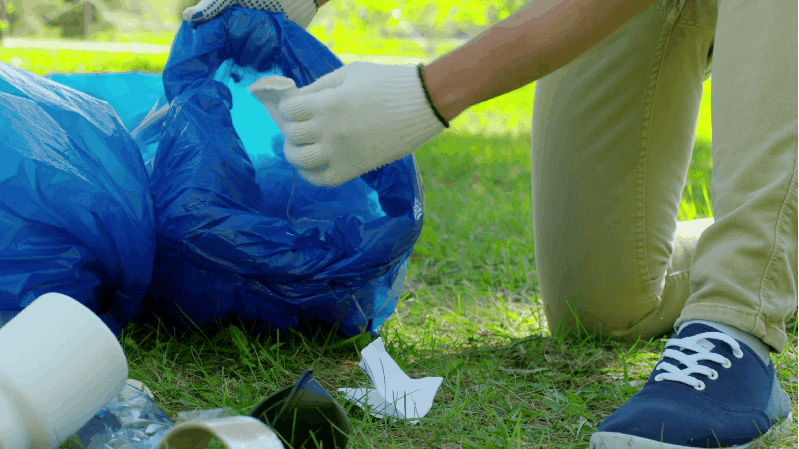
Along with these great intentions, World Cleanup Day serves as a reminder to protect the environment and reduce water pollution. Every day significant amounts of waste end up oceans, harming marine life and disturbing zooplankton that are an integral component of the food chain. Large landfills of garbage taint soil and contribute to water pollution, resulting in the growth of harmful bacteria and insects.
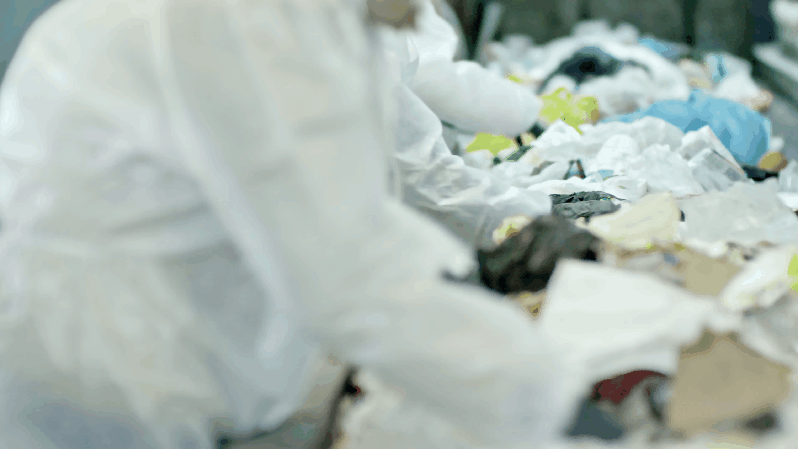
Everyone can do their part to protect the ecological environment and make the world cleaner and safer. For example, properly disposing of items containing harmful materials, such as batteries, is one way. These items contain heavy metals like mercury, lead, cadmium and nickel that are hazardous to people and the world’s ecosystem. Reducing the use of disposable plastic, like plastic bottles and bags, is another way to protect the environment. Plastic decomposes slowly, filling up landfills and causing toxic chemicals to be released, which can cause groundwater contamination. Besides visual pollution, toxic substances threaten clean drinking water and human health, leading to chronic conditions like liver and kidney damage and cancer.
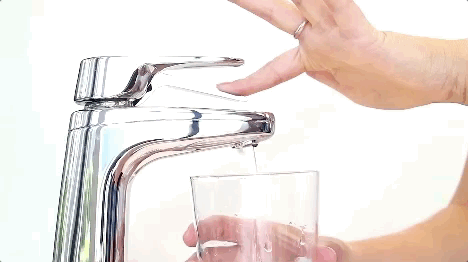
Life Solutions’s water purification solutions:
- Life Solutions does its part year-round by providing water purification solutions that ensure healthy drinking water and eliminate the use of plastic bottles.
- Its reverse osmosis system removes 99% of pollutants (including heavy metals, pesticides, viruses and bacteria) for clean water that can be used for drinking, cooking and cleaning, reducing the risk of long-term health issues.
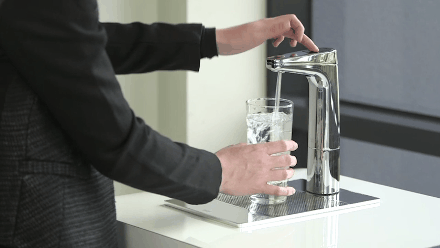
By eliminating plastic water bottles, Life Solutions continuously contributes to protecting the environment in several ways:
- Prevent air pollution caused by the production of disposable plastic bottles
- Save oil (and reduce greenhouse gas emissions) by avoiding the consumption of plastic extracted from oil
- Conserve water by saving 36,000 liters of water every year (based on 100 liters of water consumed each day)
- Reduce toxic chemicals in the environment from the use of plastic bottles
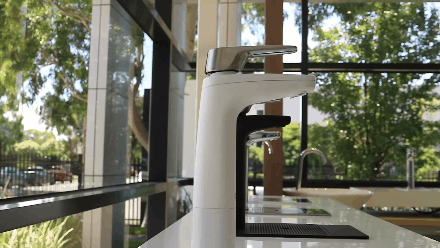
Exceeds the standard of China’s drinking water purification industry:
- Life Solutions products are top quality. All of their filter products have passed CCC (3C) certification, exceeding the CJ94-2005 China drinking water purification industry standard.
- The Billi Quadra, Quadra plus and eco models have all received the energy efficiency certification of global green tag, which is one of the most trusted and widely recognized eco tags in the world.

In celebration of World Cleanup Day this year, join Life Solutions’ efforts for waste-free world that protects the environment as well as people’s health. Consider a Life Solutions’ water purification system. It is the perfect way to contribute to this global movement!
Reference
[1] 陈景国.一次性用品,使用需减少[J].环境教育,2020(10):10.
[2] 马瑞新,李国勋,赵建民.废干电池综合利用的研究[J].电池,1999(06):275-277.
[3] 丁树谦.废电池回收利用研究[J].生态经济(学术版),2009(02):385-388.
[4] 刘兆春,杨景兰,张秀阳,李连珍.防治水污染 改善水环境[J].统计与管理,2016(09):172-173.
[5] 鄂学礼.《中国饮水行业安全新标准解读》



